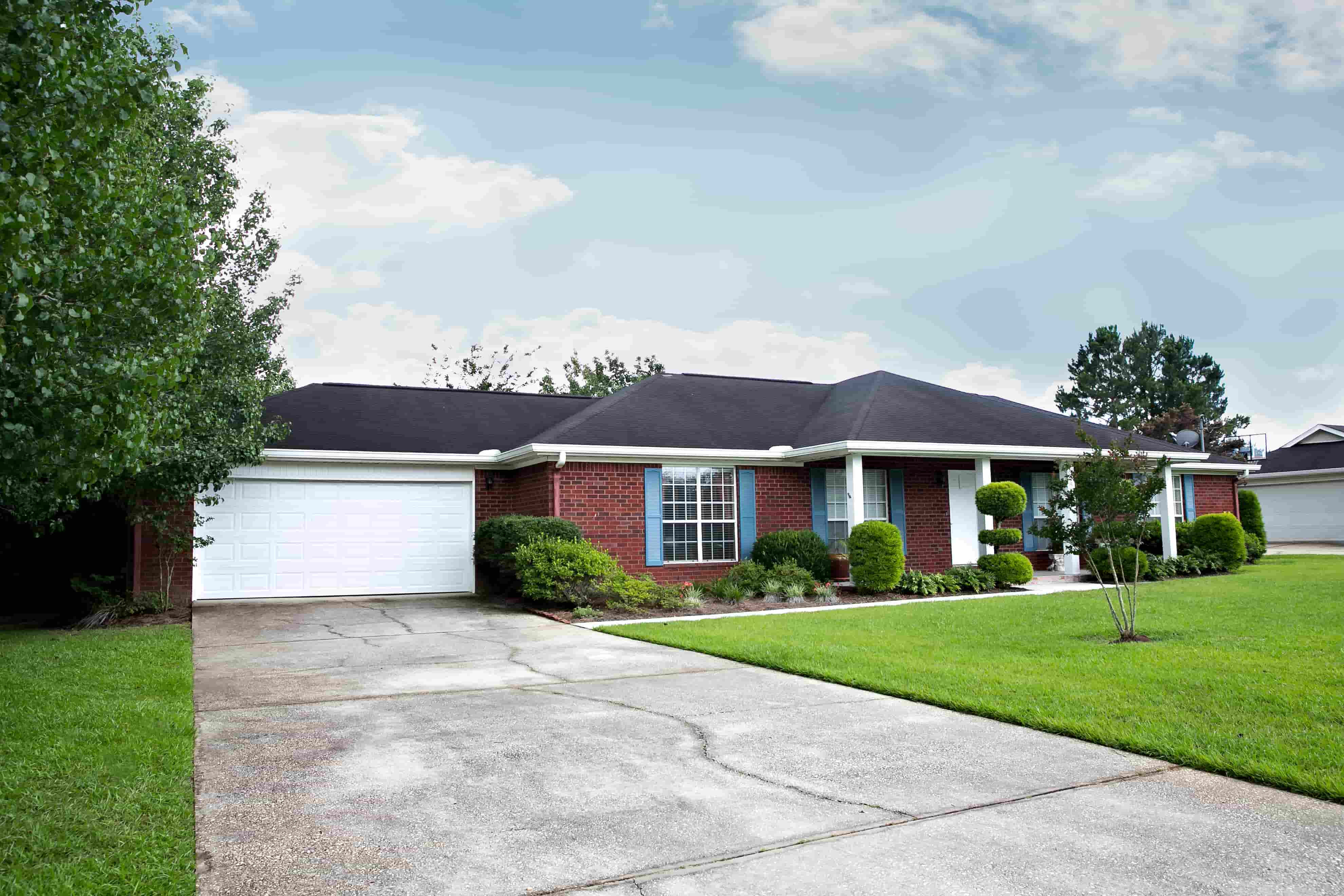Driveway Damage: Patch, Resurface or Replace?

Even if you have no soil issues under your driveway, the sheer weight of vehicles on the surface eventually will cause damage. However, most geographical locations have soil and moisture issues to varying degrees. In the Midwest, there is plenty of rain, flooding, and freezing to cause damage to your driveway, originating from under it.
Signs of Damage
If your driveway started out black or dark gray, it likely is now a much paler gray. This is from normal wear and tear of car tires, the pounding of rain, and the wind blowing things such as small rocks and dirt across the asphalt or concrete. Provided the driveway surface has not developed any cracks, a seal coating should suffice.
Like with foundations, the wider the crack, the worse the damage is. However, small cracks still are a concern. You can try filling small ones yourself with a hot sealer, but that doesn’t address the root cause of them, which likely is moisture.
Living in the Midwest, homeowners are subject to downpours, flooding, and freezing temperatures. Soil saturated with water expands in all directions, including “up.” Water and dirt push against the driveway from below and the sides. Frost heaves also wreak havoc with driveways. As water freezes, it expands.
If your driveway is riddled with thin cracks and looks like a modern art presentation, you may need to break up and remove the old asphalt, compact the aggregate and apply fresh asphalt.
A driveway with wide and deep cracks that looks like an onyx version of miniature ice floes means major damage. This is not something you should attempt to repair yourself. In this case, the driveway is sinking. It might even be headed for sinkhole status. When this happens, it may be possible to save the driveway without tearing it up.
Slabjacking
Just like slabjacking can help lift a sinking foundation, it also can work with sinking driveways. Experts drill small holes into the driveway and inject an expanding foam. This foam fills any gaps in the soil underneath the driveway, keeping the concrete from sinking farther. Slabjacking will not work on an asphalt driveway, only concrete.
Preventive Measures
Once you have had the driveway repaired, it’s time to make sure it lasts longer than previously. Since most damage occurs because of moisture, take measures to keep water from lingering beneath the driveway. Point all sprinkler heads away from the driveway.
Do not line the driveway with bushes or trees as the roots will grow and shift the soil under the asphalt or concrete. Make sure your yard has the proper slope. Hire a landscaping company to determine if you have the right slope so water runs away from your home.
Do not angle gutter downspout extensions toward a driveway. They should extend at least four feet from the house and be facing away from it and any other structure that has a concrete bottom. Keep gutters clear, especially if you have an attached garage; otherwise, water will just flow over the obstacle and land on your driveway.
Acculevel Gives Concrete a Boost
At Acculevel, we excel at repairing concrete driveways. If your driveway is sinking and needs a lift, we have the quality, long-lasting material needed to make the repairs. We also seal concrete cracks and never overcharge. We believe in doing the best job possible, using the highest-quality materials, and we won’t try to sell you a repair you don’t need. If moisture is affecting your driveway, it likely is affecting your home’s foundation. We offer free in-home estimates and are more than happy to look at your home’s basement, crawl space, and/or foundation in addition to the driveway. To schedule an appointment for an estimate, call (866) 669-3349 or email us at [email protected].
